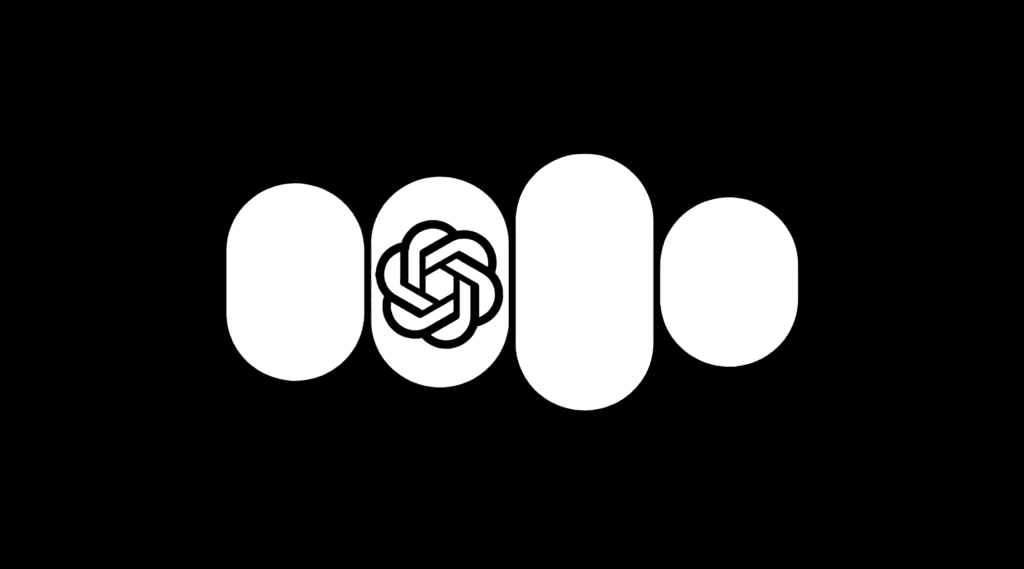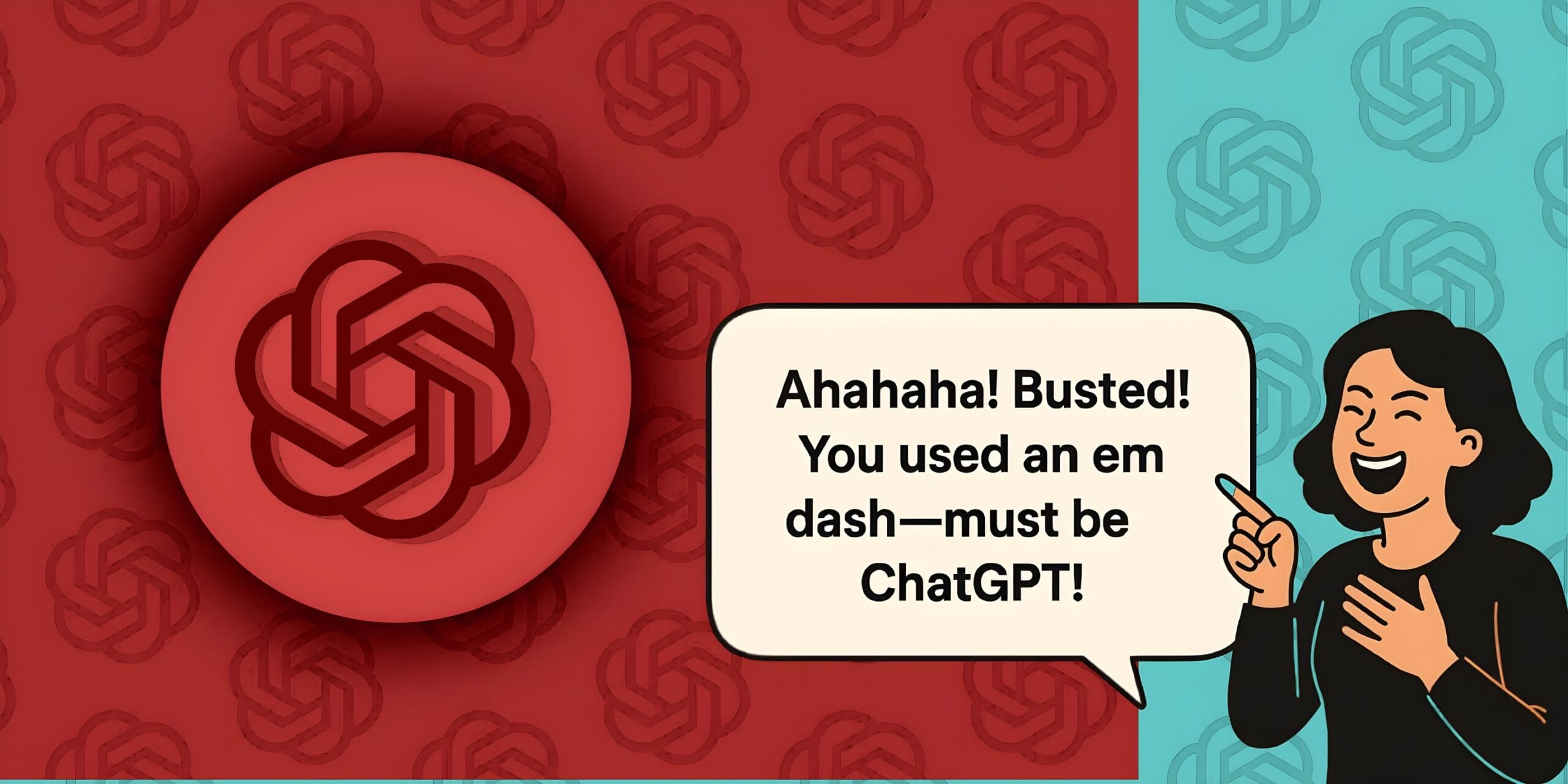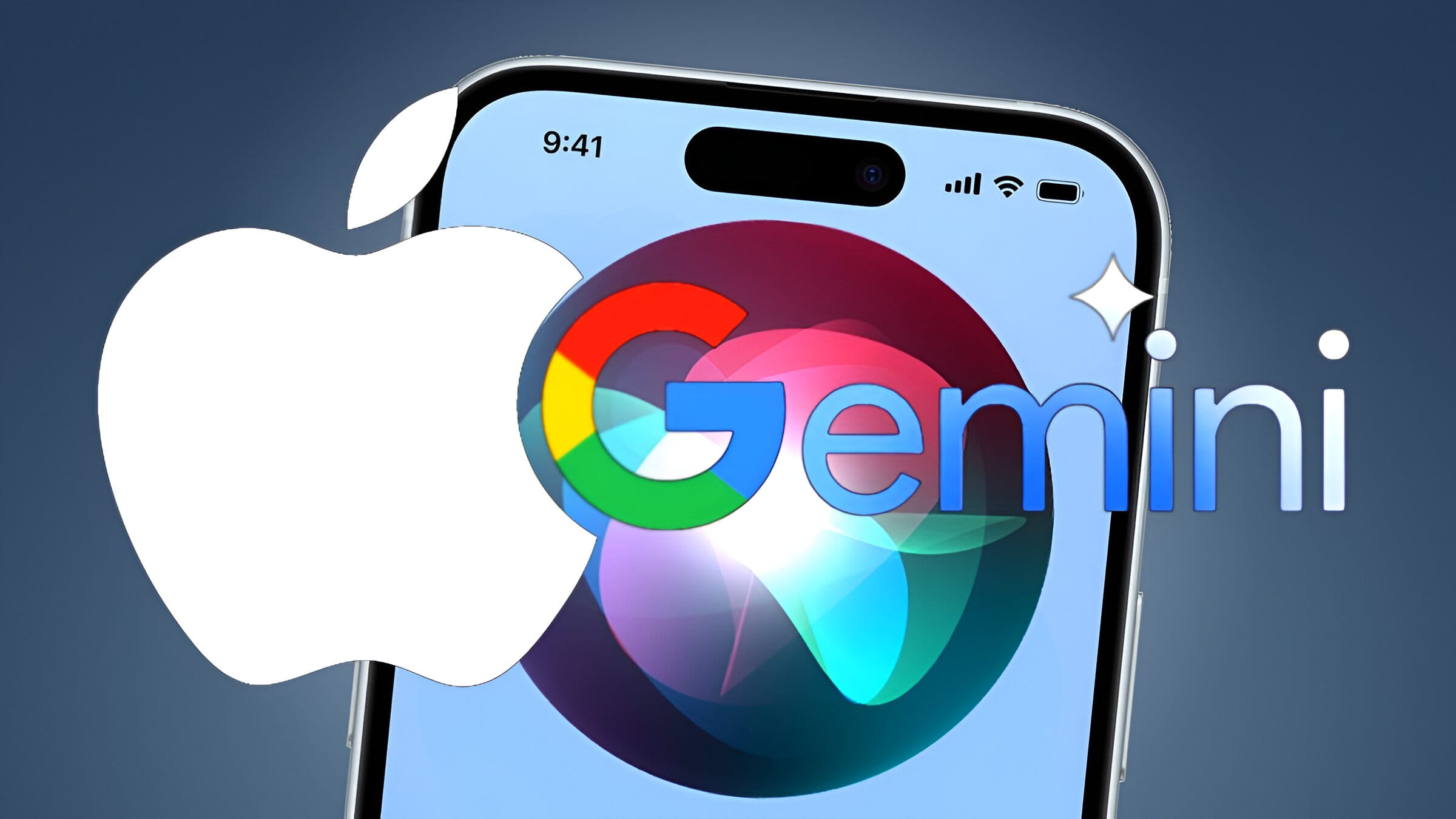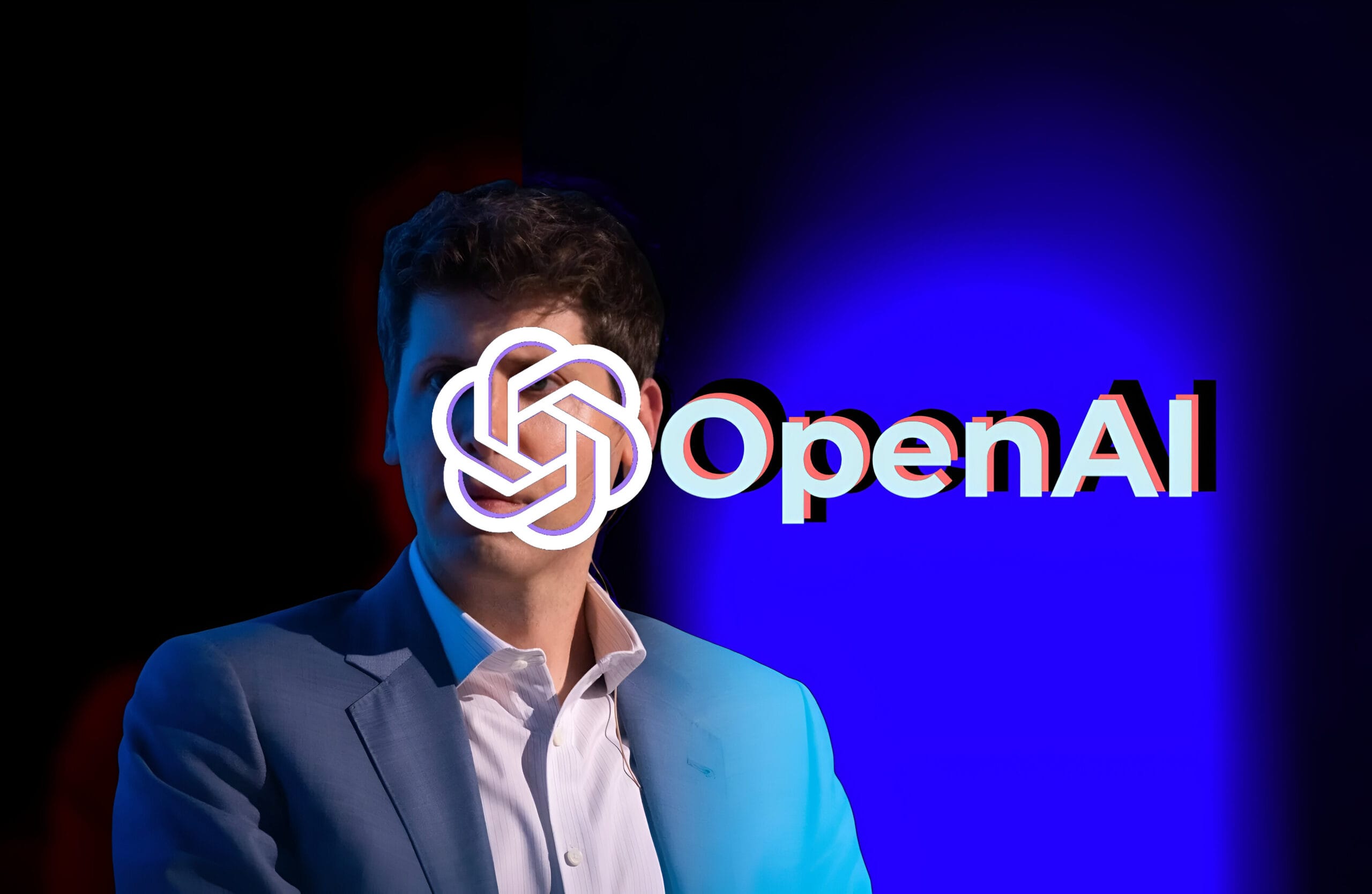OpenAI is quietly experimenting with a new feature inside ChatGPT, and honestly I’m intrigued. A few subscribers recently spotted a mysterious new tool labeled ‘Study Together’ in their drop-down list of available tools. While OpenAI hasn’t made an official announcement yet, early users and developers digging through the code suggest this might be an attempt to reshape how AI fits into education.
The previously discovered new ChatGPT system hint with codename "tatertot" has started showing up as a "Study together" tool (although I'm not sure if it's working already since it still has the description "internal prototype") https://t.co/nBqDKJC7Xg pic.twitter.com/0KPvXaiPho
— Tibor Blaho (@btibor91) July 6, 2025
Rather than spitting out answers on demand, the new feature seems to reverse the typical ChatGPT workflow. It reportedly asks you questions instead, encouraging you to think, reflect, and respond much like a human study partner would. Some are calling it OpenAI’s answer to Google’s LearnLM. It even has a codename: “tatertot” (because why not). And if early speculation is true, there might even be a multiplayer mode in the works where multiple people could join a shared study session.
As someone who’s kept a close eye on how AI is reshaping learning, I genuinely think this is a smart move. ChatGPT has exploded in classrooms teachers use it for lesson planning, students for homework help, and universities for language training. But the ethical gray zone has grown too: is it a study aid, or a cheating shortcut? The ‘Study Together’ feature feels like OpenAI finally taking responsibility for steering its tool toward positive, productive use cases. It’s about time.

That said, it’s still very early days. The tool isn’t widely available yet, and it remains to be seen if it offers anything truly different from the standard chat interface. Some users testing it on the o3 model reported it works like a regular ChatGPT session for now. OpenAI hasn’t responded to requests for comment either. But if they get this right, I could see it becoming a core part of AI-driven education especially if it gets group study support.
On a related note, it’s worth mentioning the EU AI Act here. The European Union is currently enforcing strict new AI regulations, rolling out in phases through 2026. The law bans “unacceptable risk” AI uses, tightly regulates high-risk apps like facial recognition, and requires transparency for generative models like ChatGPT. As AI’s role in education grows, tools like ‘Study Together’ will also have to meet these new transparency and safety standards. OpenAI might be thinking ahead with this feature and I’m here for it.




